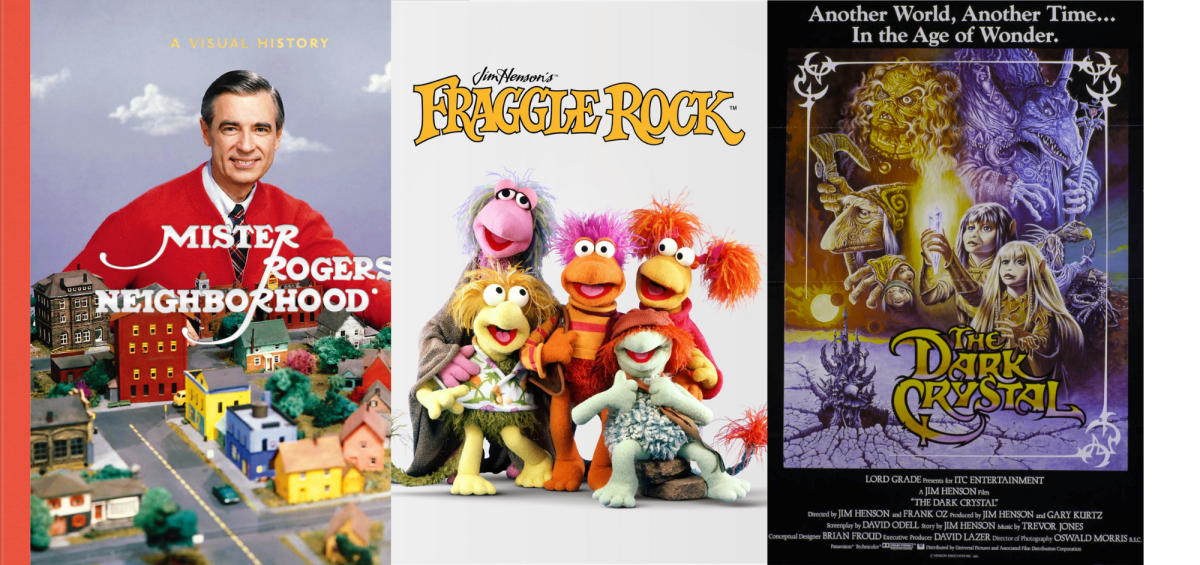In my review of Kenneth Branagh’s Hercule Poirot movies, I passingly mentioned another adaptation of Agatha Christie’s famous Belgian detective — the ITV series starring English actor David Suchet. There, I stated the Suchet version was my favorite interpretation of both the characters and the stories. I stand by this statement, and in order to give this series the spotlight it deserves, I’ve decided to dedicate an entire review to its brilliance.
Poirot, which ran for thirteen seasons between 1989 and 2013, was a British drama focusing on mystery writer Christie’s famous professional detective. This show served as a literal by-the-book adaptation of all the Hercule Poirot novels and short stories. Poirot (Suchet) was presented with a new mystery each episode, which he then solved, occasionally with the help of side characters Arthur Hastings (Hugh Fraser), Miss Lemon (Pauline Moran), and Chief Inspector Japp (Phillip Jackson).

The show is entirely episodic, and so the audience relies on character consistency for narrative continuity. It’s a situation that allows actors to fully inhabit and develop their characters, as they form mannerisms the audience begins to recognize.
Poirot is a textually rich character full of idiosyncrasies and unique habits (like referring to his mind as “The little gray cells”), which Suchet delivers perfectly on screen. His obsessiveness, observational skills, and perfectionism are shown to not only influence his personality, but to affect the way he solves cases. It allows the audience to connect to the characters outside of the principal action of the story, and makes the show feel like more than a plot-driven detective series.
Christie’s crimes are dark, preying on the worst humanity has to offer. In the show’s darkest moments, audience investment in the characters’ personal lives serves as a buoy to the heavy tone. It doesn’t detract from the severity of the situation, but does prevent the show from becoming an exercise in the futility of human kindness.
The complexity of the cases also serve as a reminder that humanity ultimately exists on a scale. The endings of each episode resist easy categorization. Justice goes beyond the catching of the criminal, and must be decided according to the facts of the case and those involved.
In this way, the series is less about figuring out who committed the crime than it is about presenting the spectrum of human morality. The motivations for each suspect are well thought out and multi-faceted, the crimes themselves are often deeply rooted in human emotion, and Poirot’s approach to each case changes depending on the circumstances.
It’s refreshing to enjoy a mystery that doesn’t immediately position its lead or victim in the moral right, and doesn’t immediately condemn the faults and violence of humans. Rather, this program insists that everything has a motivation behind it. There’s no such thing as a senseless action — only a senseless motivation.
For someone who consumes a lot of mystery-media, it’s refreshing to see a narrative that focuses so fully on the people involved. It prevents the violence at its core from overtaking the tragedy or humanity found within. Living in a world that can’t be neatly defined or understood, it’s cathartic to watch justice be delivered however the situation demands it.
More than that, however, it allows an audience to see themselves in their highest and lowest, and promises that while humans are capable of doing bad things, they’re also capable of great acts of service and mercy.
10/10 would engage the little gray cells again
Further breakdown:
Writing Quality: 10/10 Enjoyability: 10/10
Pace: 9/10 Visual elements: 8//10
Plot development: 8/10 Insightfulness: 10/10
Characters: 10/10
Five of my favorite episodes:
- Five Little Pigs (Season 9: Episode 1)
- Hickory Dickory Dock (Season 6: Episode 2)
- The ABC Murders (Season 4: Episode 1)
- The Clocks (Season 12: Episode 4)
- The Labours of Hercules (Season 13: Episode 4)







